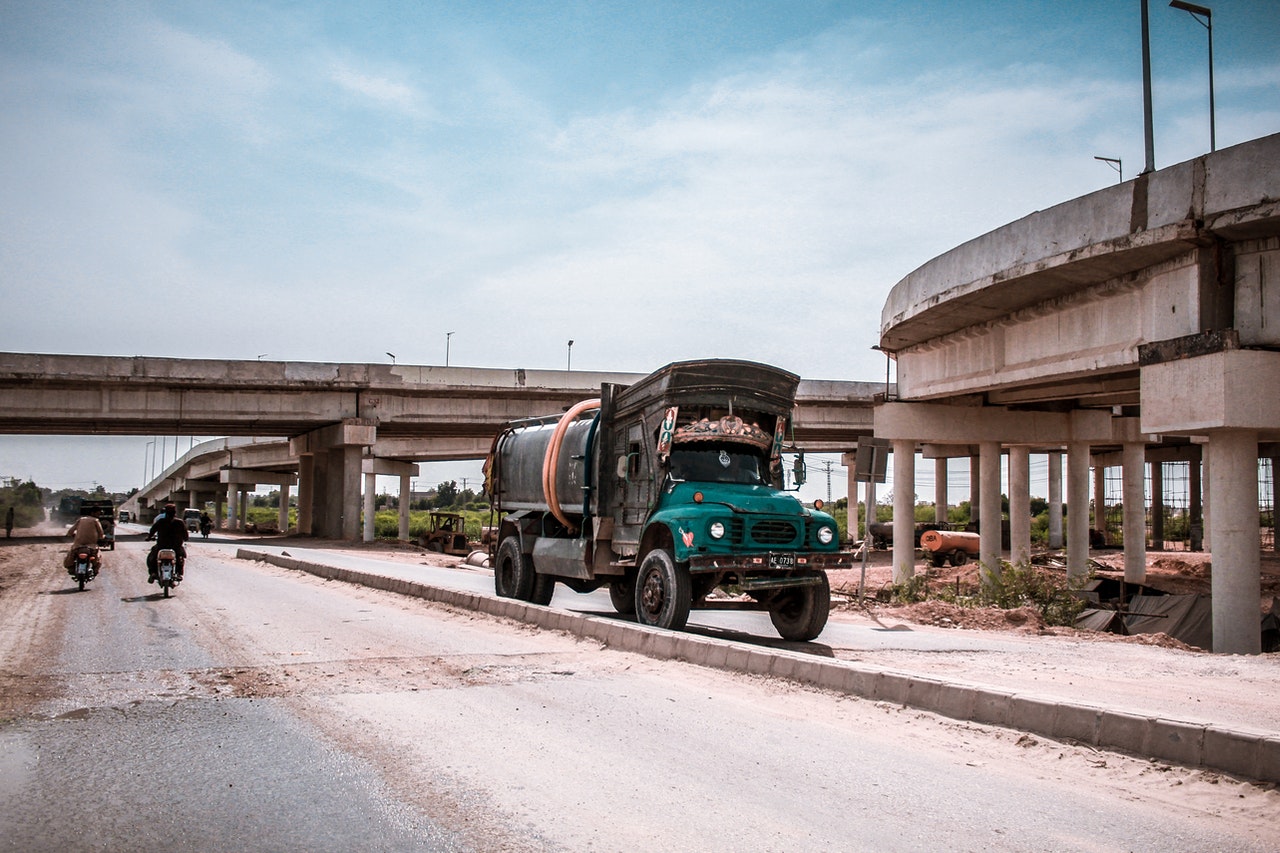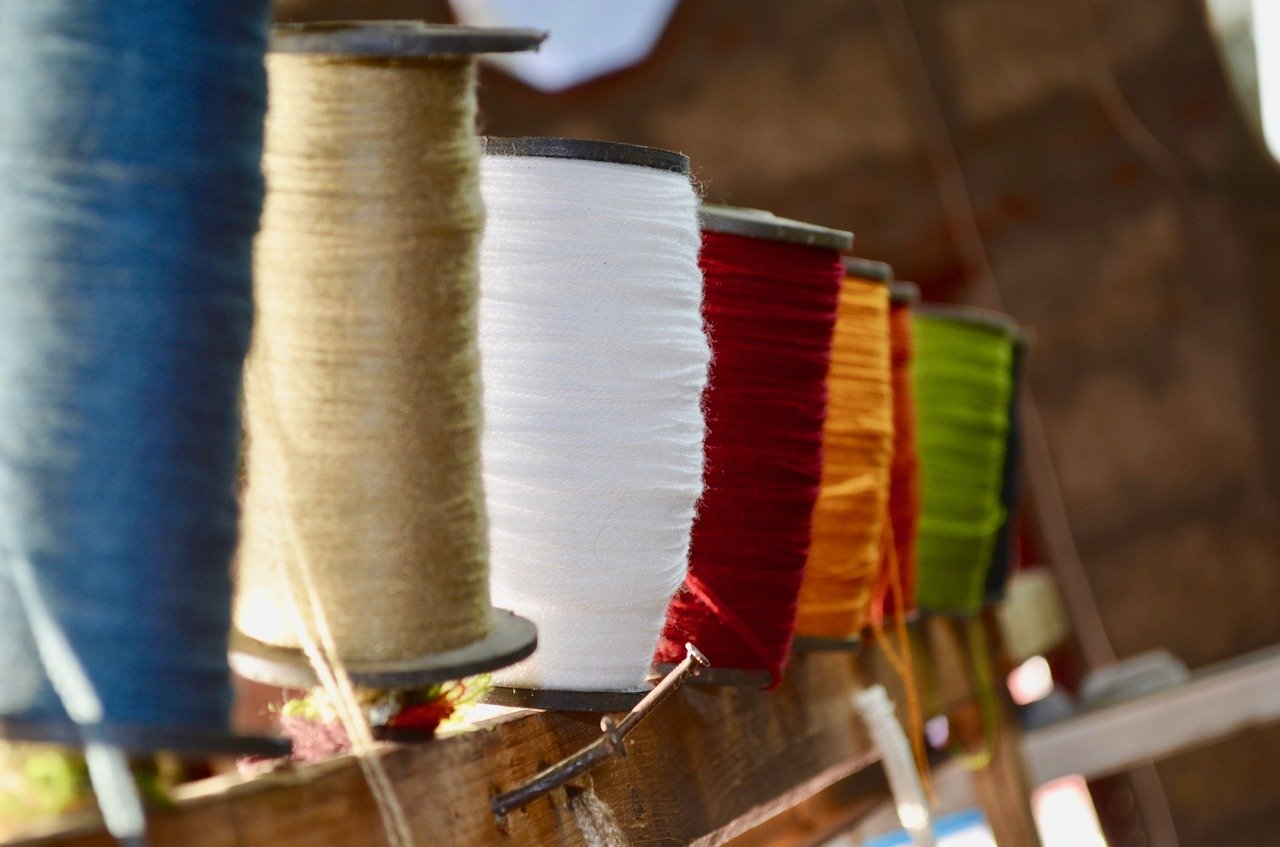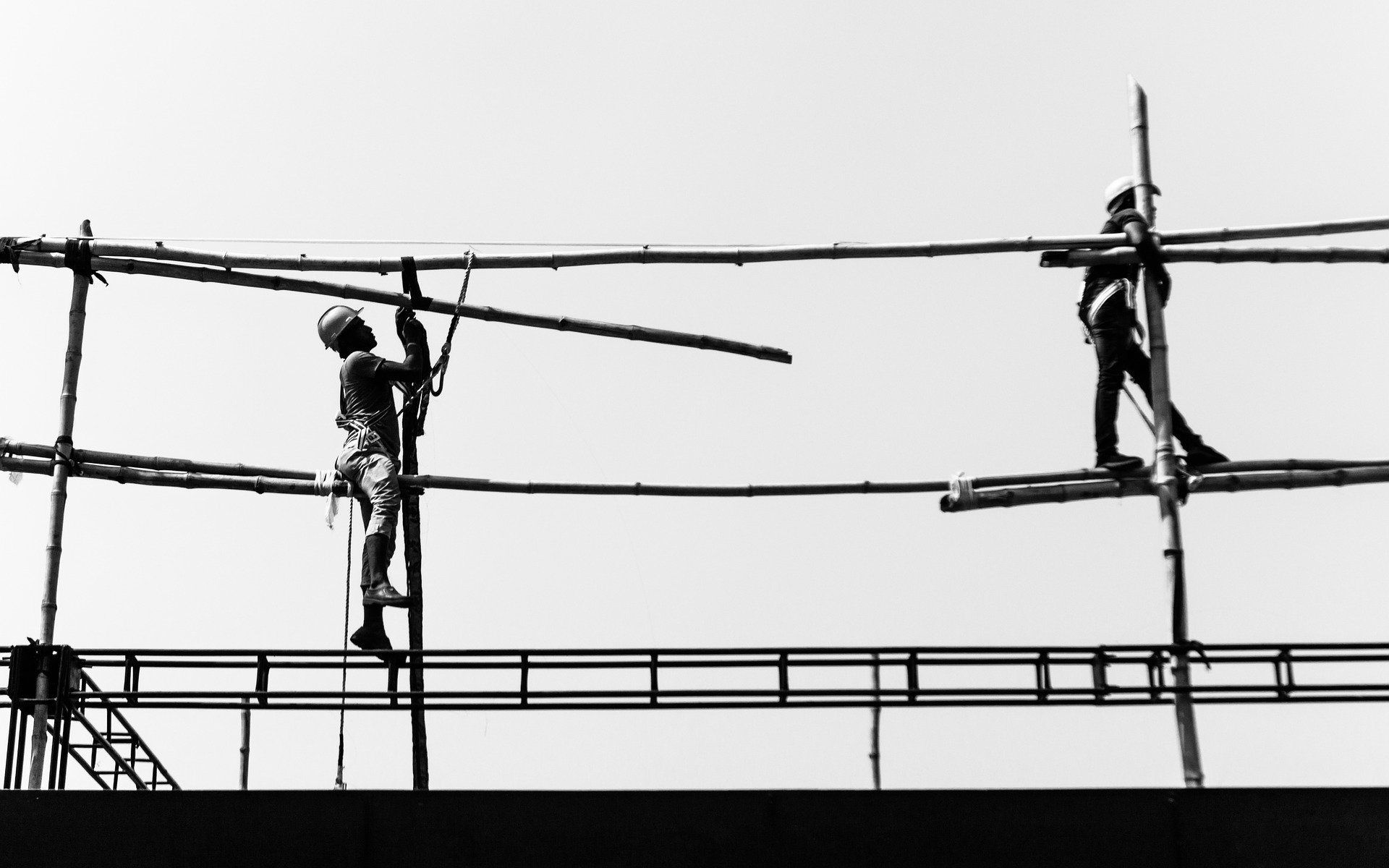In August 2019, the Indian Parliament abrogated Article 370 of the Constitution of India, and snapped internet and cellular services in Jammu and Kashmir in apprehension of civil unrest. High-speed internet services were suspended in the region for 18 months which was in gross violation of citizens’ rights. Kashish Khandelwal examines the immediate and long-term impact of denial of access to high-speed internet for the people of Jammu & Kashmir.
On 5 August 2019, the citizens of the erstwhile state of Jammu & Kashmir woke up to snapped internet and cellular connections, along with a plethora of other restrictions. Glued to television news channels, they witnessed the arrest of their political leaders and the abrogation of Articles 370 and 35A, which altered the special status of the state within the Union of India. A year later, as 59% of the world’s population gained access to the internet, the 12 million citizens of Jammu & Kashmir completed a year without proper internet connection in the interest of ‘national security’. In this feud between national security and individual liberty, the Supreme Court of India pulled down the shutters on liberty through its judgement in Anuradha Bhasin vs Union of India (2020). If the economic losses, mental trauma and the hindrances in education and healthcare services caused by the internet blockade were not enough, Covid-19 put the final nail in the coffin for a people already under a political lockdown. In February 2021, after remaining in suspension for 18 months, high-speed internet services were finally restored in Jammu & Kashmir. However, the irreparable damage caused by the internet shutdown cannot be overlooked. This blogpost analyses the consequences of the internet restrictions in Jammu & Kashmir, the Supreme Court of India’s refusal of lifting the same, and its meaning for citizens’ rights in India.
In 2016, the United Nation’s General Assembly (UNGA) declared ‘internet access’ a human right through a non-binding Resolution, derived from Article 19 of its Universal Declaration of Human Rights. The accessibility and anonymity afforded by the internet is crucial to protect subaltern speech, which makes it an effective tool in participatory democracy, through the democratisation of speech. In Sakal Papers (P) Ltd and Others vs Union of India (1961), the Supreme Court recognised an individual’s Right to Propagate and Access Information under Article 19 of the Indian Constitution, and in Shreya Singhal vs Union of India (2015), the internet was recognised as a crucial medium to exercise the aforesaid right. In Faheema Shirin R.K. vs High Court of Kerala (2019), the Kerala High Court recognised the Right to Internet Access as a fundamental right under the Rights to Education and Privacy guaranteed by Article 21 of the Constitution of India. The Court also emphasised the importance of the internet in surviving with dignity and freedom. Thus, it is established via various court judgements that the human rights of citizens cannot be adequately realised without access to the internet.
With education, healthcare services and businesses rapidly going online, especially since the nationwide Covid-19 lockdown was imposed in March 2020, the necessity of internet access has been underlined further. When 2G connectivity was restored in Jammu & Kashmir in June 2020, it was not accessible by all. For a region that is fighting a war on multiple fronts, the fundamental Rights to Education and Health have taken the biggest hit; on the economic front, with local entrepreneurs losing business, Kashmir’s economy alone suffered a loss of ₹40,000 crore, putting around 500,000 people out of jobs.
Subsequent to the August 2019 lockdown following the Indian government’s abrogation of Article 370, Kashmiri students have attended regular classes for only two weeks. Schools have remained shut for months, and when they reopened, a sharp decrease in attendance was witnessed since parents were apprehensive of sending their children to school due to fear of arrests and frequent communication blackouts. The situation worsened with the advent of Covid-19. Owing to travel restrictions, educational institutes across the country resorted to online education while Kashmiris grappled to remain functional with 2G connectivity. Since video-streaming is almost impossible on a 2G connection, and many students are in any case too poor to afford smartphones, online education has made a mockery of Kashmiri students. Online video-conferencing apps often shutdown forcefully on 2G connections, thereby making it difficult for students to interact with teachers and access study material. While Iqra Habib, a school student described attending online classes on a 2G connectivity as a torture, school teacher Zahid Ali highlighted the problem of financial constraints as many cannot afford smartphones/laptops to attend online classes. Another teacher, Jahangir Ahmad, described his inability to upload even pre-recorded lectures as it can take up to 5 days to do so properly, and make it accessible to students. Consequently, many teachers have resorted to voice notes on WhatsApp as it consumes lesser data.
Further, and despite severe opposition, universities across India conducted online examinations for final year students which further aggravated the problems in Kashmir. A Kashmiri student of St Stephen’s College (in Delhi) travelled 69 kilometres to take the exams in an internet café and still faced problems due to an unstable connection. Similarly, while many others travelled long distances in search of broadband connections, some students like Bushra were forced to use their phone’s 2G network due to Covid-19 travel restrictions and faced severe difficulties in uploading answer-sheets. Even those who were privileged enough to afford a broadband connection faced problems in uploading their answers. Online education and examinations under such circumstances have also taken a toll on students’ mental health as many feel that ‘they have nothing “left” in their lives’.
Kashmir has one of the lowest doctor-patient ratios in India, and this already collapsing healthcare system has been worsened by the communication blockade. Many people have died because they had no means of contacting a doctor or an ambulance. The ‘Save Heart Kashmir’ initiative, which allows junior doctors based in remote areas of Kashmir to consult specialists over WhatsApp, was rendered defunct. E-pharmacies and testing labs were also rendered defunct due to the restrictions. Slow internet also hindered the diagnosis of illnesses, communication with senior consultants, and placement of orders for medicines and equipment. Doctors could not attend coronavirus-related conferences to enhance their knowledge and faced difficulties in even downloading coronavirus-prevention handbooks, advisories and other relevant information required to treat their patients. The restrictions even throttled the contact tracing of Covid-19 patients.
As is evident, the arbitrary internet restrictions have put the people of Jammu & Kashmir at a grave disadvantage in contrast to the rest of the nation. Even though there is no conclusive proof that the internet blockade is serving the purpose of national security, the authorities are adamant about upholding it.
The constitutionality of these restrictions was challenged before the Supreme Court on grounds of reasonableness and proportionality in the Bhasin vs Union of India case mentioned earlier. Although the Court recognised the freedoms of ‘speech and expression’ and ‘trade and commerce’ through the medium of internet as a fundamental right guaranteed under Article 19 of the Constitution, it refused to lift the restrictions in the interest of national security; it held that an indefinite curtailment of internet services is impermissible and constituted a Review Committee to look into the matter. Subsequently, over 4 months, internet services were restored in Jammu & Kashmir through fixed broadband and post-paid sim cards, but the internet speed was restricted to 2G connectivity. The aforesaid restriction was challenged in the Foundation for Media Professionals vs Union Territory of Jammu & Kashmir & ANR (2020) case, and once again, the Court accepted the restrictions on 4G services in the interest of national security. Instead of enforcing the verdict it had given earlier, the Court formulated another Review Committee to look into the prevailing circumstances.
Thus, in a gross violation of the Principles of Natural Justice, the Supreme Court of India constituted an executive committee to review the arbitrary actions of the Executive (Government of India), thereby evading the question of the constitutionality of the restrictions. Amidst a pandemic, the internet is not merely a tool of communication but an enabler of human rights, and for long, Kashmiris have been denied these rights. Unfortunately, India is known to resort to blocking the internet to curb any apprehensions of political unrest, which almost always results in a gross violation of fundamental rights. The internet has become an indispensable part of everyone’s life as a human right, and all authorities must realise the same.
© Banner image: Franck, Unsplash.
This article gives the views of the author, and not the position of the South Asia @ LSE blog, nor the London School of Economics and Political Science.







